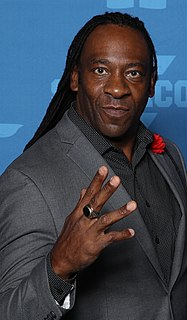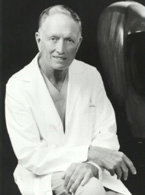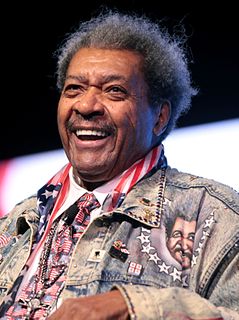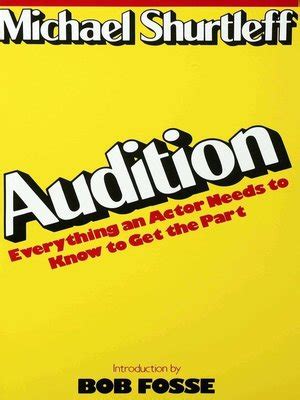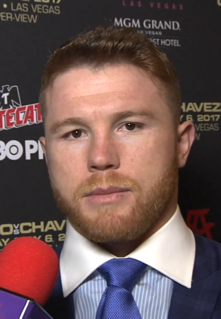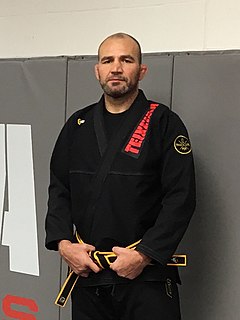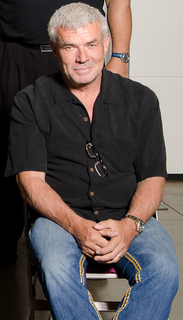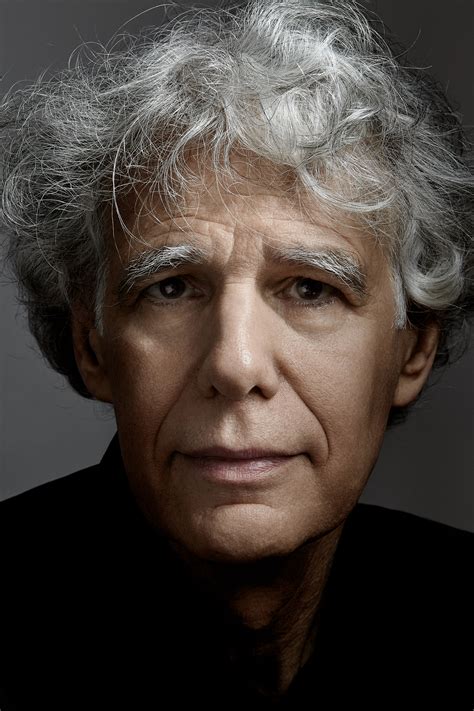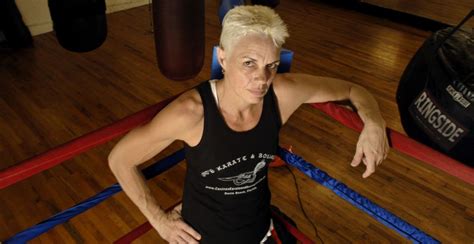A Quote by Robert Duvall
Listening to critics is like letting Muhammad Ali decide which astronaut goes to the moon.
Related Quotes
I was like, 'Prince, prince. Prince Ali. People know that from 'Aladdin.' I'm a big fan of Muhammad Ali. I can't be Muhammad Ali. I'm looking up royal - Mustafa. Mustafa's a royal name. Prince Mustafa, OK fine.' Prince Mustafa Ali came from that, and it's an easier name for people to remember, too: Prince Ali.
So much goes into doing a transplant operation. All the way from preparing the patient, to procuring the donor. It's like being an astronaut. The astronaut gets all the credit, he gets the trip to the moon, but he had nothing to do with the creation of the rocket, or navigating the ship. He's the privileged one who gets to drive to the moon. I feel that way in some of these more difficult operations, like the heart transplant.
Mike Tyson has to be one of my greatest all time fighters. Muhammad Ali. I like going back looking at the classics like Roberto Duran. I like the old time fighters, when you had a champion in the old days you really had a true champion. Muhammad Ali would take on anybody. You had the greats fighting everybody.
When I came home my parents were listening to Pakistani Qawwali music, like Nusrat Fateh Ali Khan, they're listening to music from Mali, like Ali Farka Toure, they're listening to Brazilian songwriters, like Gilberto Gil, to opera, to Neil Young even, things you don't hear as a kid in Caracas. I love all the music they turned me onto.
Muhammad Ali inside the ring and Muhammad Ali outside the ring were totally different men; his abrasive, magnetic daring and infectious self-love outside the ring galvanized the world and distracted many from his sniper's precision. He was a heavyweight with the fluttering gracefulness of a middleweight.
I brought Muhammad Ali to North Korea in 1995. I tried that once. It didn't work out quite that well for me as it did for Dennis Rodman, but I brought Muhammad Ali to Pyongyang, North Korea, as part of a big wrestling event called the World Peace Festival. It was a two-day event that drew over 350,000 people.

